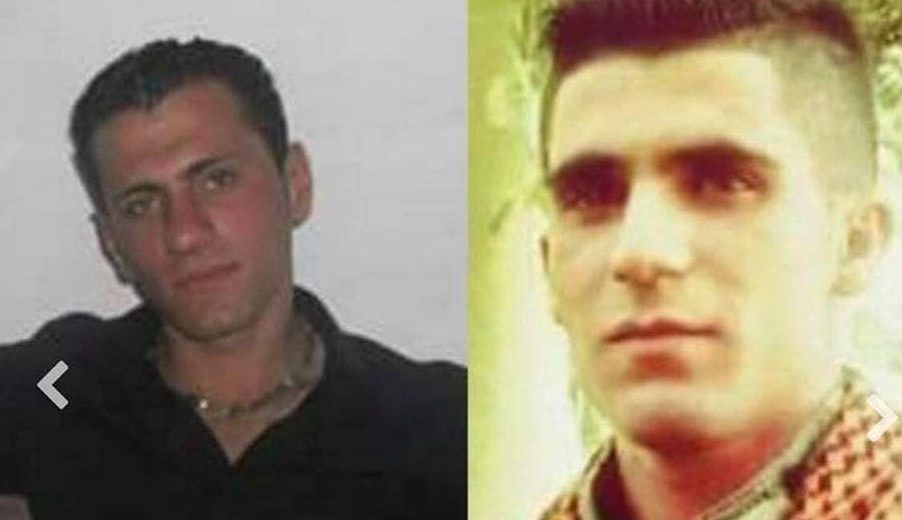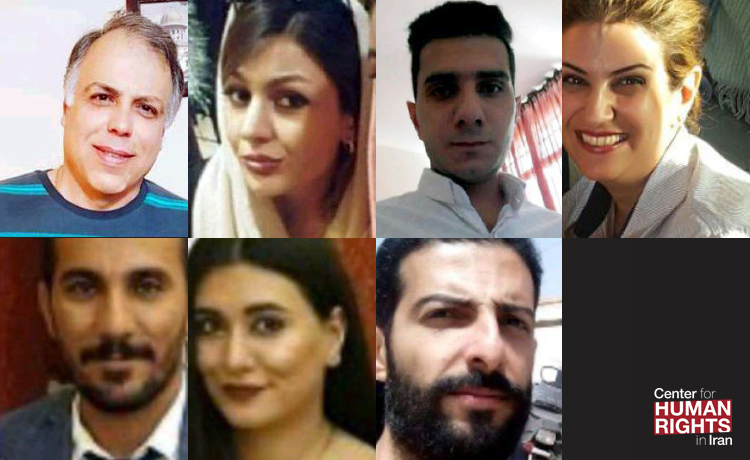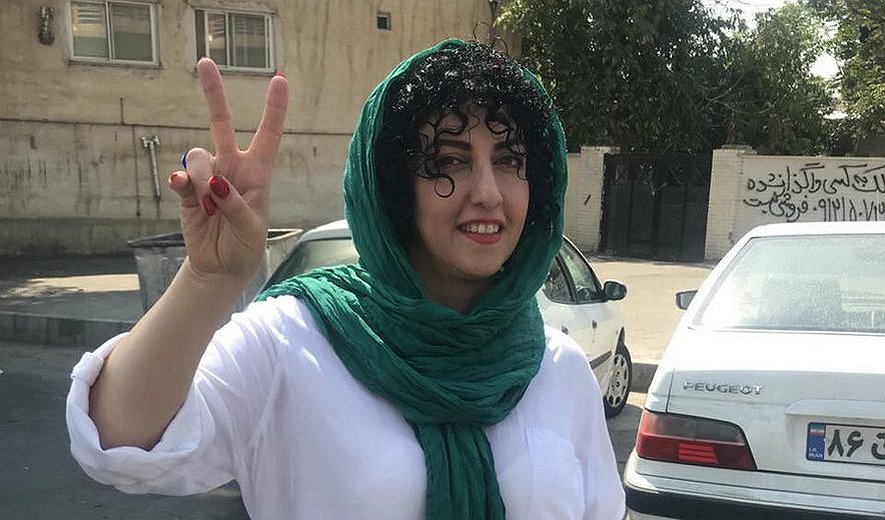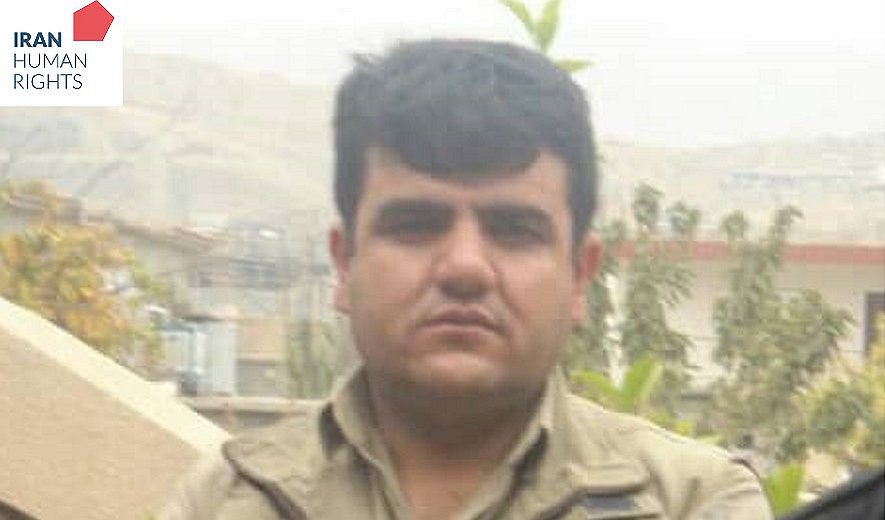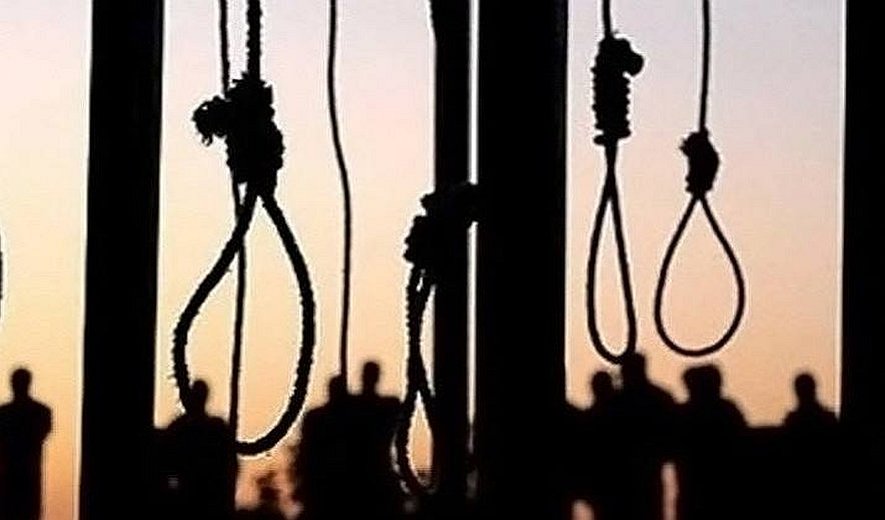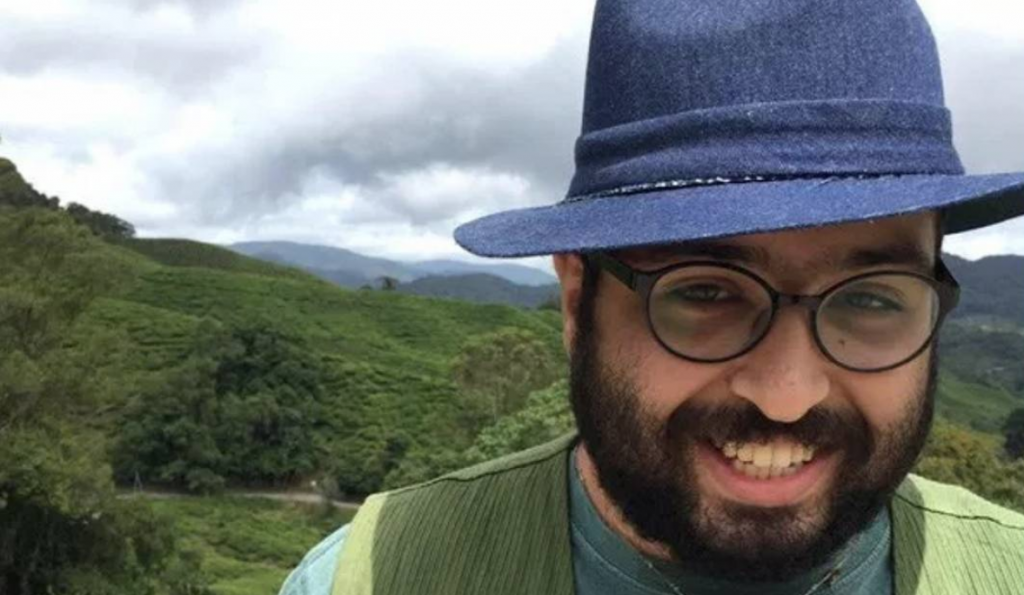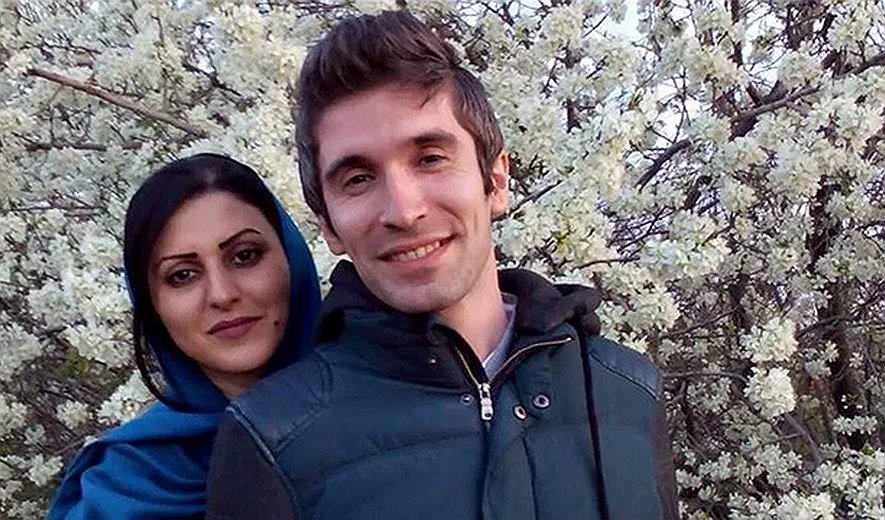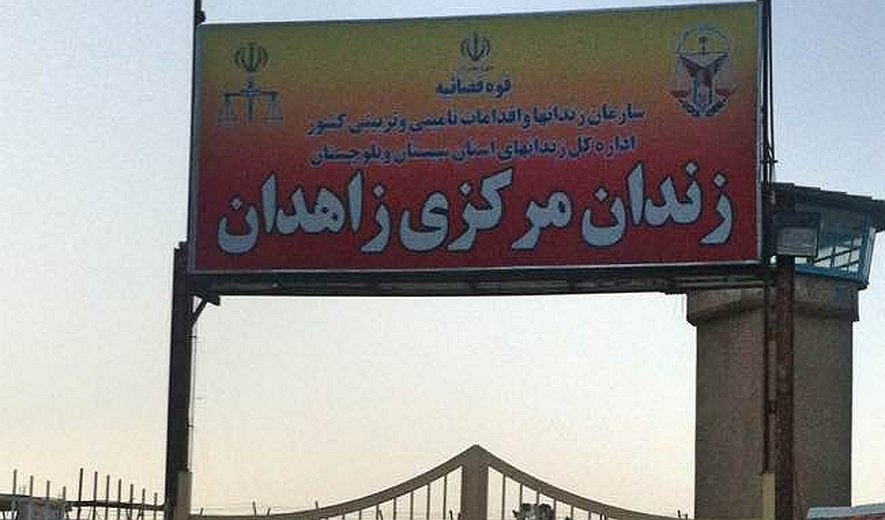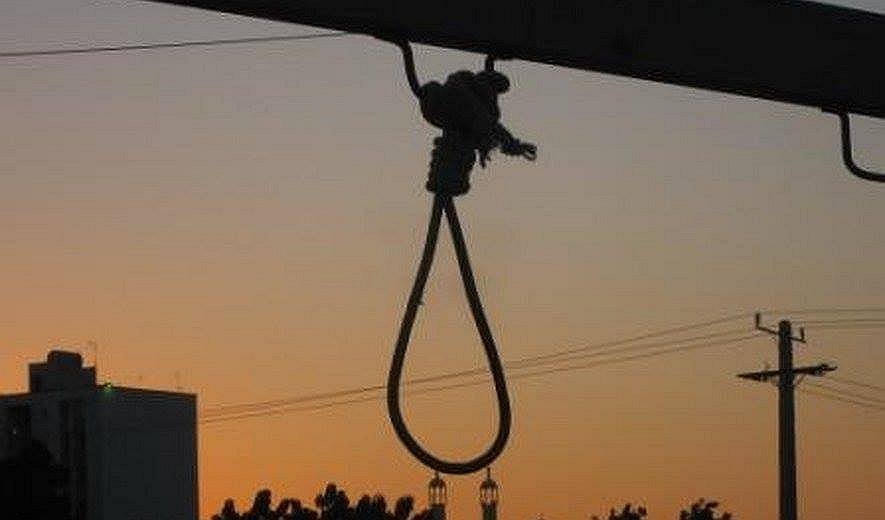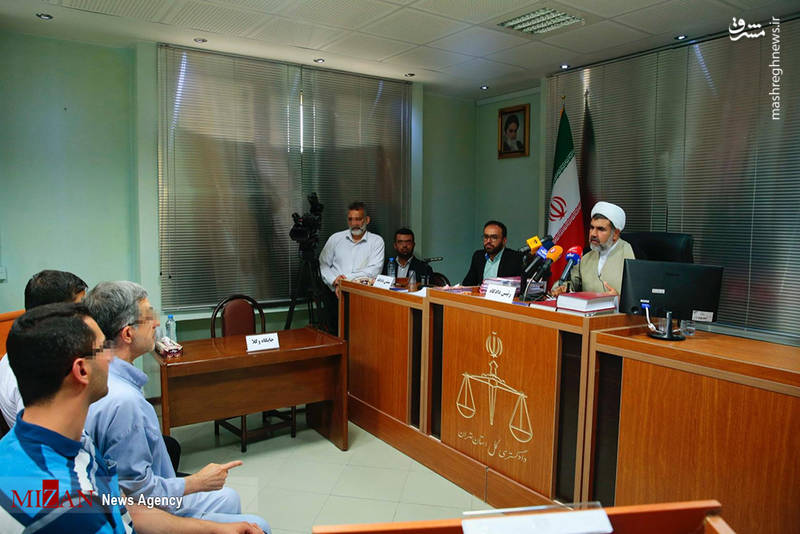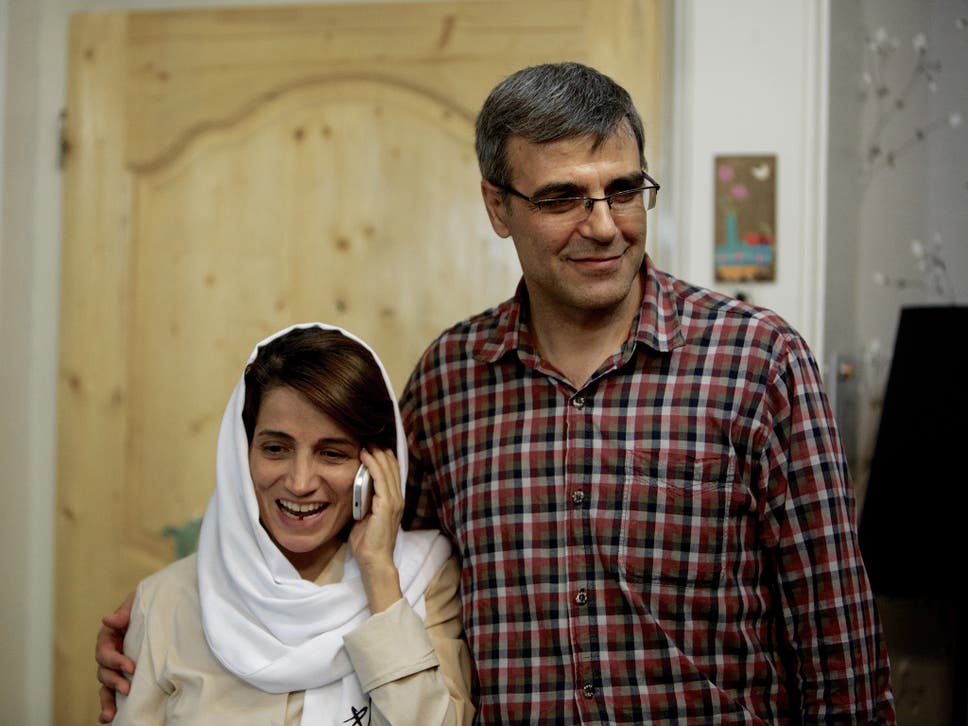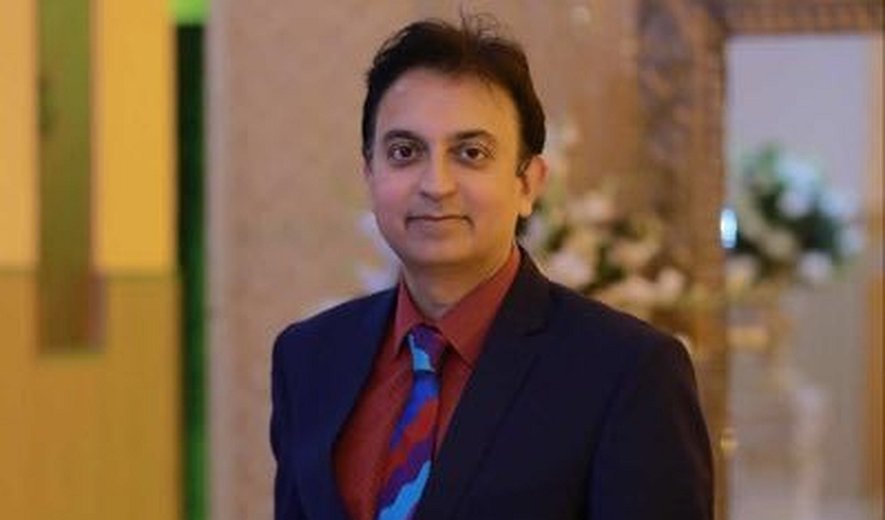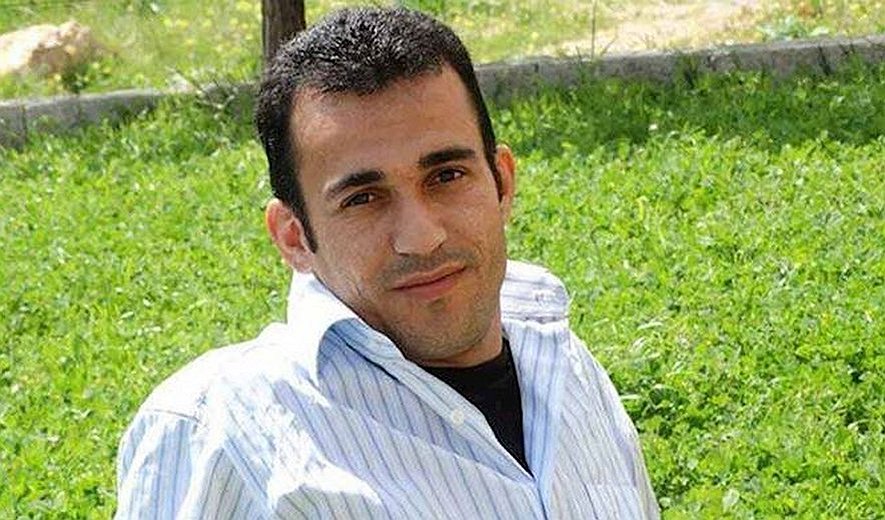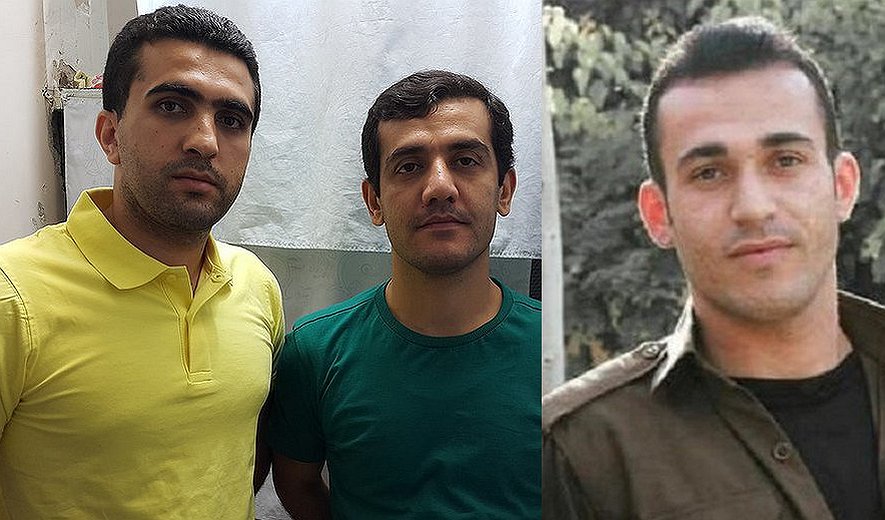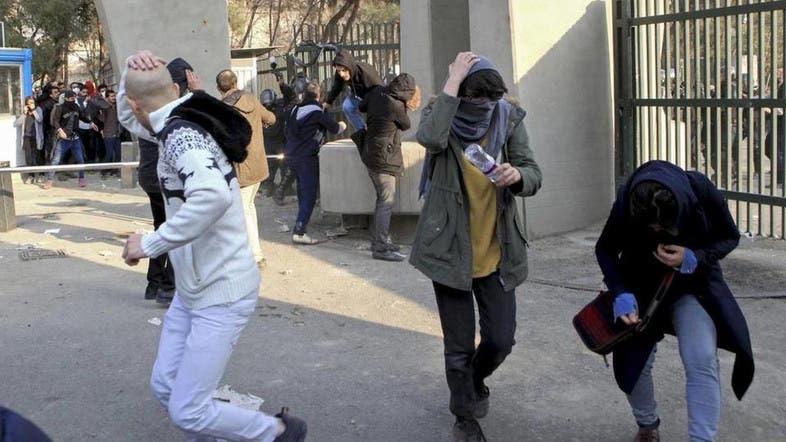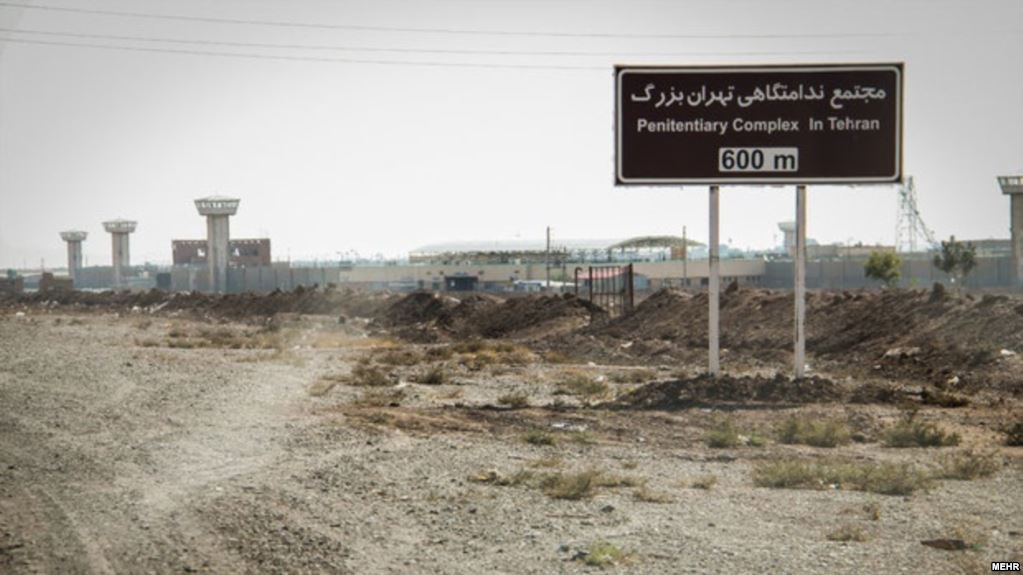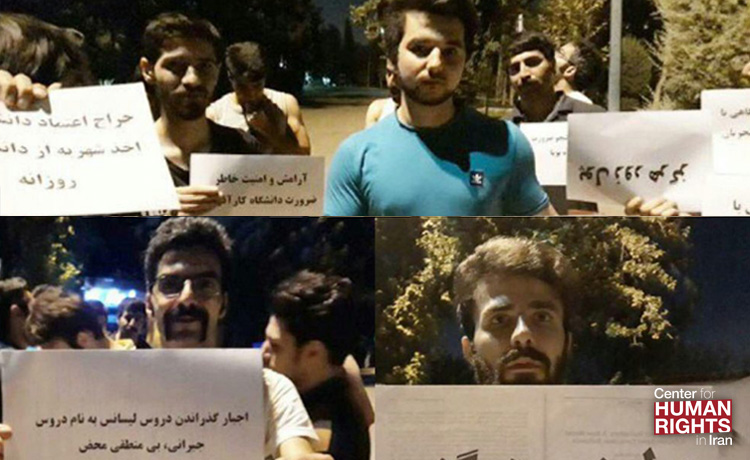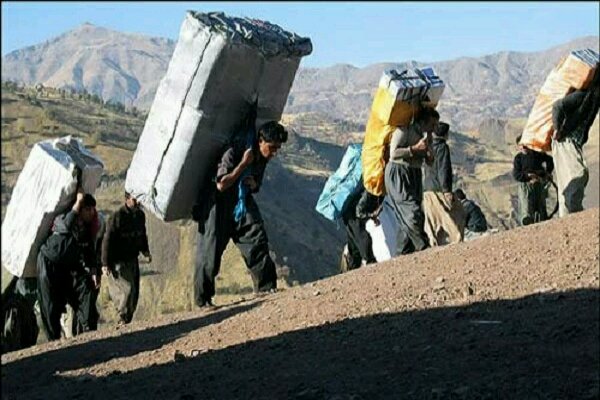Rouhani Falsely Claims Iran’s Imprisoned Dual Nationals Have Been Treated Fairlyخودداری حسن روحانی از پاسخگویی در خصوص وضعیت زندانیان و آزار و اذیت خبرنگاران و تکرار ادعاهای قبلی
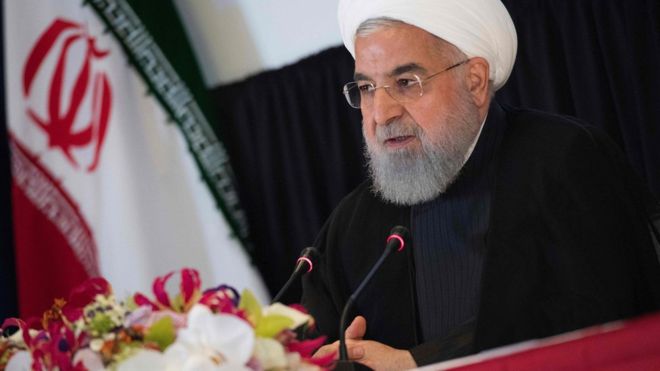
SEPTEMBER
28, 2018
Two months after a judge in
Iran told imprisoned Iranian British dual national Nazanin Zaghari-Ratcliffe that her freedom depends on the UK’s dealings with
Iran, Iran’s president has stated on the record that her foreign citizenship
has not impacted her case.
At a press conference on
September 26, 2018, at the United Nations headquarters in New York, President
Hassan Rouhani once again claimed he has done all he can for Iran’s
imprisoned dual nationals, falsely adding he is unable
to secure their freedom.
Rouhani failed to admit that
his own Intelligence Ministry is responsible for the arrest of several dual
nationals under trumped-up national security charges. He also omitted the fact
that after the Joint Comprehensive Plan of Action (JCPOA) was signed between
Iran and world powers in 2015, it was the actions of his government that secured the release of four American dual
nationals and one of their wives in a prisoner swap deal with the US.
“In the past, we have helped
the American government regarding prisoners they were interested in Iran and
there was some assistance regarding our citizens who were held in prison [in
the US]. We have never opposed negotiations between governments to reach
solutions,” Rouhani told reporters.
Asked by a New York Times
reporter about the dual nationals imprisoned in Iran,
namely Zaghari-Ratcliffe, Rouhani responded, “I thought you were going to
express sympathy for all the prisoners in the world.”
